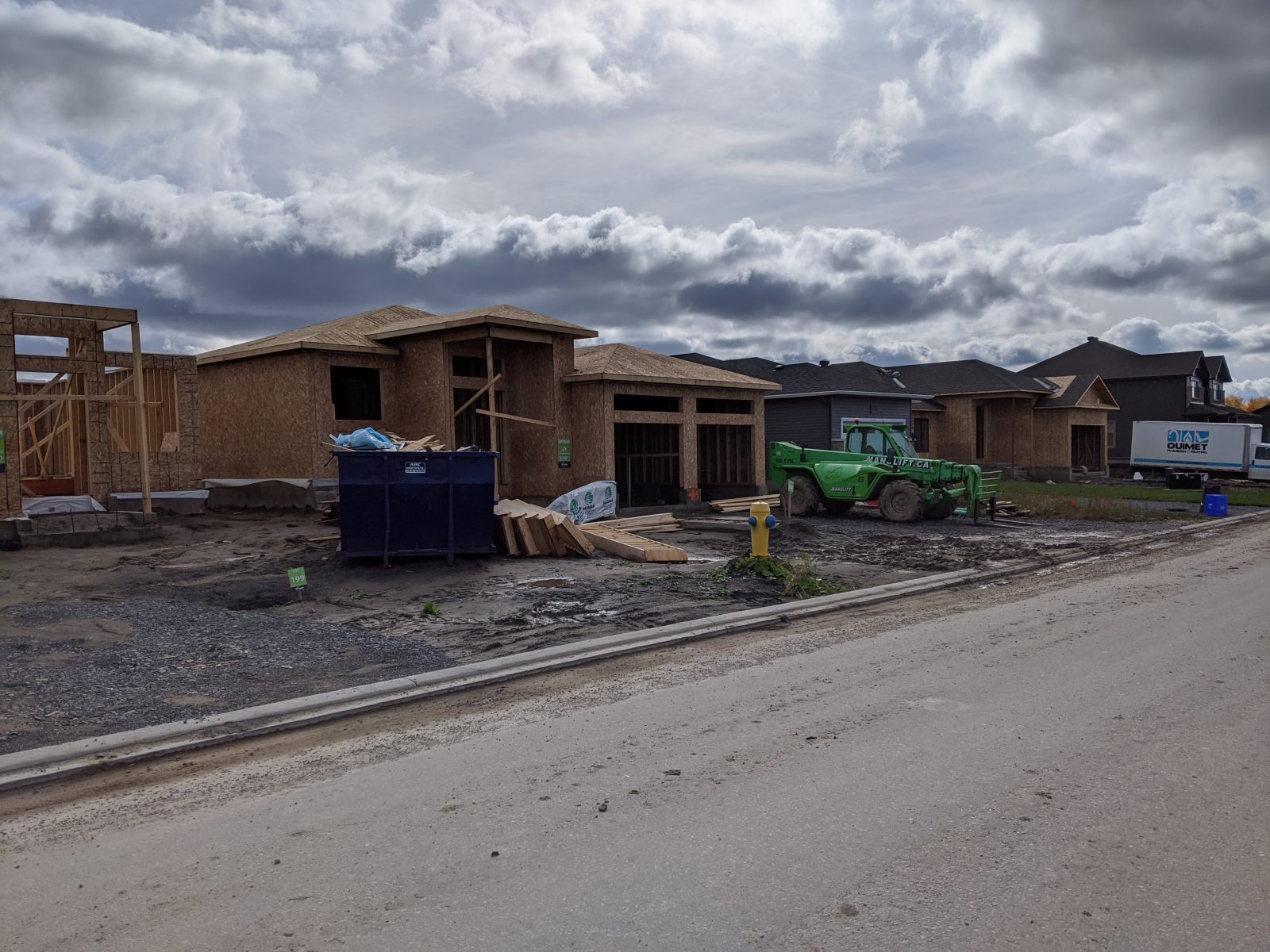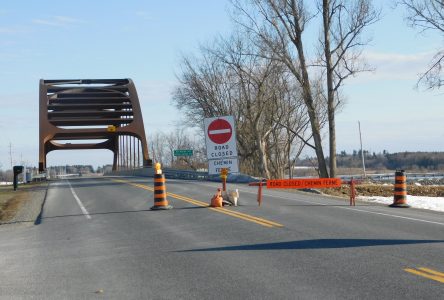Houses in the western areas of Prescott-Russell have sold for tens of thousands of dollars above the asking price, as high demand, low supply and little capacity for construction had forced up prices since the end of June. The rise has been partly attributed to the similarly strong Ottawa sellers market.
UNE VERSION EN FRANÇAIS DE CET ARTICLE EST DISPONIBLE EN PAGE 5 DU REFLET-NEWS DU 5 NOVEMBRE



